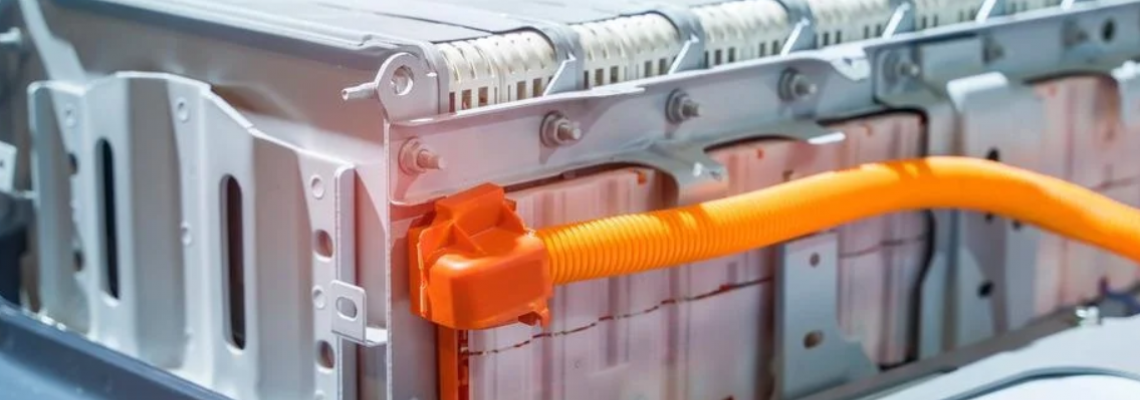
Battery technology has become an essential component of the modern world, powering everything from electric vehicles to smartphones. And as the world becomes more reliant on renewable energy, the importance of efficient, sustainable battery technology is only going to increase. In recent years, eight of the world's most advanced countries have been leading the way in battery innovation, and their impact is being felt globally.
China
China is the world's largest producer and consumer of lithium-ion batteries, the most common type of rechargeable battery used in everything from smartphones to electric cars. With government support, Chinese battery companies are investing heavily in research and development, and have made significant strides in improving battery performance and safety. Chinese manufacturers are also expanding globally, with companies like CATL and BYD now among the largest battery suppliers in the world.
Japan
Japan has a long history of innovation in the battery industry, with companies like Panasonic and Sony leading the way in developing lithium-ion batteries. Japanese companies are known for their focus on safety, and have developed advanced battery management systems to prevent overcharging and overheating. Japanese manufacturers are also investing in the development of solid-state batteries, which could potentially offer higher energy density and faster charging times than traditional lithium-ion batteries.
South Korea
South Korea is home to some of the world's largest battery manufacturers, including LG Chem and Samsung SDI. These companies are investing heavily in research and development, and have made significant progress in improving the energy density and safety of lithium-ion batteries. South Korean manufacturers are also developing new battery chemistries, such as lithium-sulfur batteries, which offer higher energy density and lower costs than traditional lithium-ion batteries.
United States
The United States is home to some of the most innovative battery companies in the world, including Tesla, which has revolutionized the electric vehicle industry with its high-performance batteries. American companies are also leading the way in developing new battery chemistries, such as solid-state batteries and zinc-air batteries, which offer higher energy density and longer lifetimes than traditional lithium-ion batteries. With government support, American companies are also investing heavily in battery recycling and reusing, which could help reduce the environmental impact of battery production and disposal.
Germany
Germany is a leader in the development of battery storage systems for renewable energy, and its companies are known for their expertise in engineering and manufacturing high-quality batteries. German manufacturers are also investing in the development of solid-state batteries and other advanced battery technologies. The German government has also set ambitious goals for increasing the share of renewable energy in its energy mix, which is driving innovation in battery technology.
France
France has a growing battery industry, with companies like Saft and Total investing in the development of new battery chemistries and energy storage systems. The French government has also set ambitious targets for the electrification of transport, which is driving innovation in the development of new battery technologies for electric vehicles.
Canada
Canada is home to some of the world's largest mining companies, which are major producers of the raw materials used in battery production, such as lithium and cobalt. Canadian companies are also investing in the development of new battery technologies, such as solid-state batteries and sodium-ion batteries, which could offer higher energy density and lower costs than traditional lithium-ion batteries.
Australia
Australia is a major producer of lithium, which is used in the production of lithium-ion batteries. Australian companies are also investing in the development of new battery technologies, such as solid-state batteries and lithium-sulfur batteries, which could offer higher energy density and lower costs than traditional lithium-ion batteries.
In conclusion, battery innovation is a global effort, with countries around the world investing heavily in research and development to improve battery technology. The advancements being made in battery technology will not only transform the energy storage industry but will also have a significant impact on other industries, including transportation and consumer electronics. As demand for cleaner and more sustainable energy solutions grows, the importance of battery technology will continue to increase, making it a crucial area of focus for countries and companies alike.







